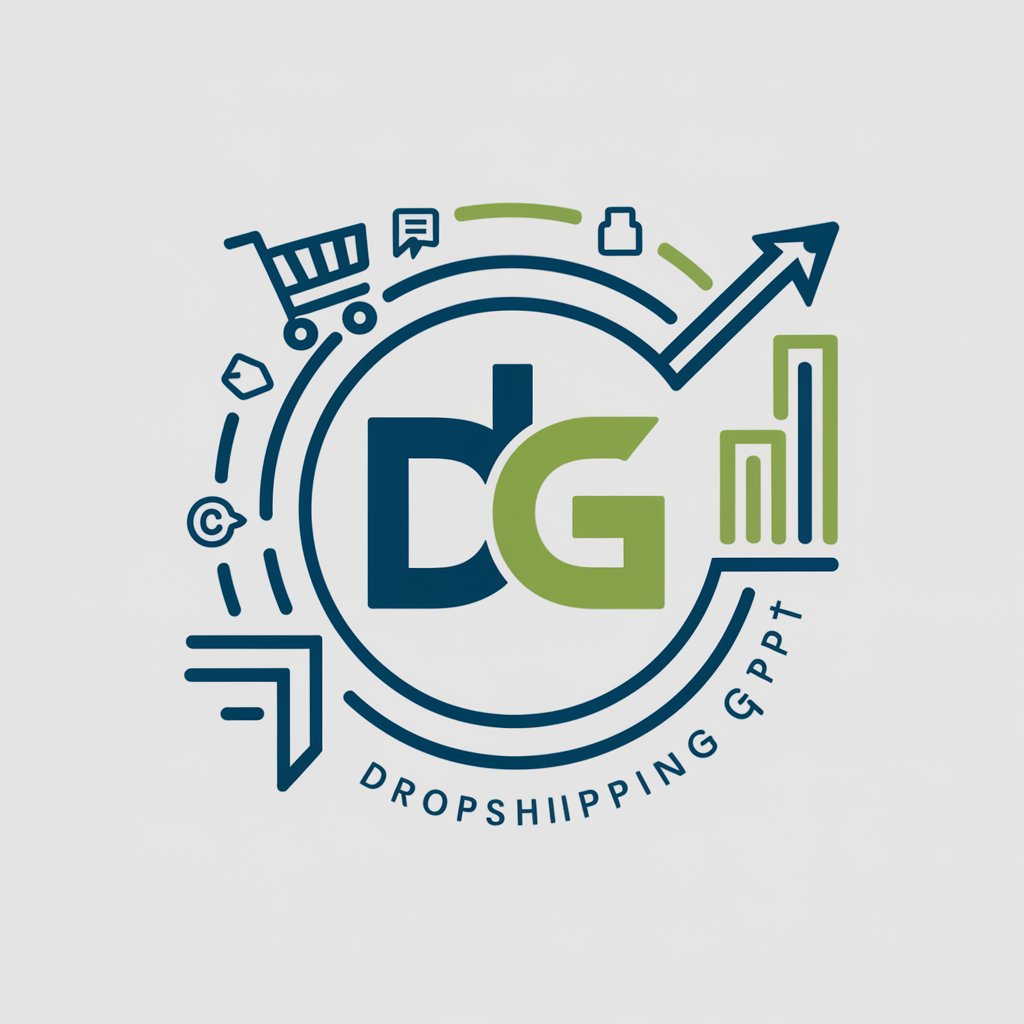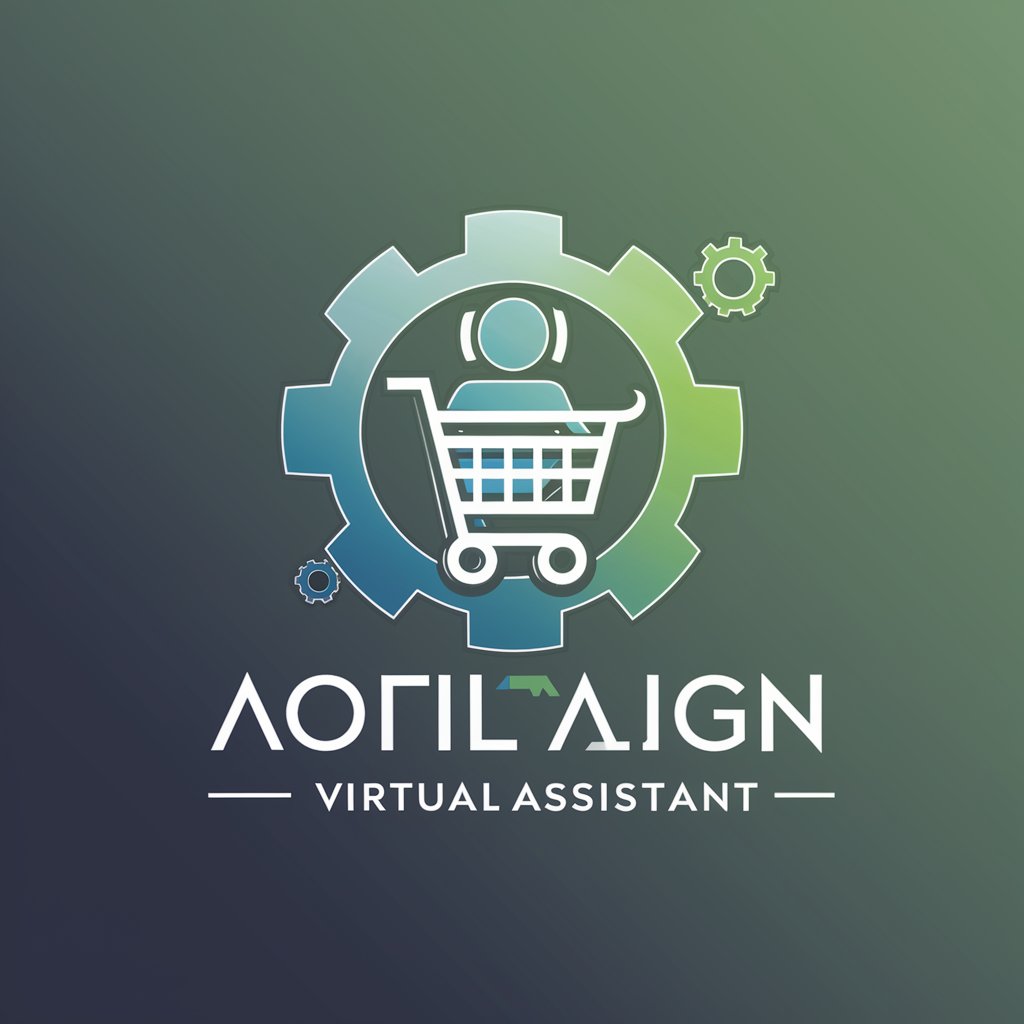16 GPTs for Store Setup Powered by AI for Free of 2025
AI GPTs for Store Setup are advanced artificial intelligence tools designed to assist in the creation, management, and optimization of online stores. Leveraging Generative Pre-trained Transformers, these tools offer tailored solutions that automate and streamline various aspects of store setup, including product listing, customer service, inventory management, and marketing strategies. Their role in providing customized, intelligent support makes them invaluable for businesses looking to establish or enhance their online presence.
Top 10 GPTs for Store Setup are: Liquid GPT,Drop Shipping Educator,DropshippingGPT,Shopifyre,Shopify & E-commerce Expert,E-Commerce Guru,Shopion Guru,POD Expert,WAHOO,Website Builder GPT
Liquid GPT
Empower your Shopify experience with AI

Drop Shipping Educator
Empowering your drop shipping journey with AI.

DropshippingGPT
Elevate Your Dropshipping Success with AI

Shopifyre
Optimize Your Shopify Store with AI

Shopify & E-commerce Expert
AI-powered Shopify Success

E-Commerce Guru
Tailored E-Commerce Strategies, Powered by AI

Shopion Guru
Empowering Your Online Store with AI

POD Expert
Empowering Your POD Success with AI

WAHOO
Empowering Your Shopify Success with AI

Website Builder GPT
Build and optimize websites with AI

Dropshipping e Vendas Online
Empowering Your E-commerce Success

开网店助手/Online store assistant
Empowering your e-commerce with AI

AMZ CN Seller Go Global
Powering Global Sales with AI

E-Commerce Navigator
Empowering Your E-Commerce Success with AI

E-cpt
Empowering your e-commerce journey with AI.

Shop ify
Empowering your Shopify success with AI.

Key Attributes and Functions
AI GPTs for Store Setup stand out due to their adaptability, handling tasks ranging from basic setup assistance to advanced management functions. Key features include natural language processing for customer interaction, machine learning algorithms for personalized recommendations, automated inventory updates, and analytics for market insight. Special features might encompass multi-language support, integration capabilities with various e-commerce platforms, and real-time technical troubleshooting, enhancing the tool's versatility in the e-commerce domain.
Who Benefits from Store Setup AI
The primary beneficiaries of AI GPTs for Store Setup include e-commerce novices, experienced online merchants, and web developers. These tools democratize access to advanced e-commerce functionalities, enabling users without coding skills to effectively manage online stores. Simultaneously, they offer extensive customization options for developers and professionals, making them a comprehensive solution for a wide range of users in the e-commerce ecosystem.
Try Our other AI GPTs tools for Free
Viral Efficacy
Discover how AI GPTs for Viral Efficacy revolutionize the analysis and prediction of viral behaviors and vaccine effectiveness, offering precise, adaptable, and user-friendly tools for professionals and novices alike.
Destination Ideas
Discover the future of travel with AI-powered Destination Ideas. Explore personalized travel suggestions, plan your trips effortlessly, and unlock the world's wonders with our advanced AI GPT tools.
Navigation Support
Discover how AI GPTs for Navigation Support revolutionize travel planning and logistics with real-time, personalized route optimization and comprehensive navigation assistance.
Restorative Practices
Discover how AI GPTs for Restorative Practices leverage advanced AI to facilitate dialogue, resolve conflicts, and promote healing, making them essential tools for educators, practitioners, and community leaders.
Psychoanalytic Inquiry
Explore AI-powered GPT tools designed for Psychoanalytic Inquiry, offering insights, analyses, and simulations to enhance learning, therapy, and research in psychoanalysis.
Coffee Culture
Explore the world of coffee with AI GPTs: Your digital barista and market analyst, all in one. Enhance your coffee journey with tailored insights, trends, and content creation.
Beyond Basics: Customized Solutions
AI GPTs for Store Setup go beyond basic functionalities, offering solutions tailored to specific sectors within e-commerce. With user-friendly interfaces, they facilitate easy integration with existing workflows, enabling businesses to enhance efficiency and customer experience. These insights underscore the transformative potential of AI GPTs in revolutionizing store setup processes.
Frequently Asked Questions
What exactly are AI GPTs for Store Setup?
AI GPTs for Store Setup are intelligent tools that use artificial intelligence to aid in the establishment and management of online stores, simplifying tasks such as product listings, customer service, and inventory management.
Can AI GPT tools create an online store from scratch?
Yes, some AI GPT tools are designed to guide users through the process of creating an online store from scratch, offering templates, design advice, and automation for setup tasks.
Are these tools suitable for someone without technical skills?
Absolutely. AI GPTs for Store Setup are built to be user-friendly, allowing individuals without technical skills to manage and optimize their online stores effectively.
How do these AI tools handle customer service?
They employ natural language processing to understand and respond to customer inquiries, provide support, and even handle certain aspects of customer interaction autonomously.
Can I integrate these AI GPT tools with my existing e-commerce platform?
Many AI GPT tools for Store Setup are designed with integration capabilities, allowing them to work seamlessly with most major e-commerce platforms.
Do these tools offer any customization options?
Yes, they offer extensive customization options, enabling users to tailor functionalities according to their specific store needs and preferences.
What kind of analytics do AI GPTs for Store Setup provide?
They provide comprehensive analytics on sales, customer behavior, inventory levels, and market trends, aiding in informed decision-making.
How do AI GPT tools ensure the security of my online store?
These tools incorporate advanced security protocols to protect store data and transactions, including encryption, secure authentication, and compliance with data protection regulations.